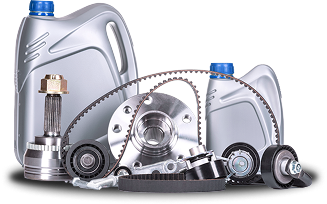Book Appointment
You do not have My Garage enabled.
Section under maintenance.
My Garage
You do not have My Garage enabled.
Section under maintenance.


Ready to Book Your Appointment?
Book Now
You do not have My Garage enabled.
Section under maintenance.
Loading ...
Missing business hours data / Error occurred while getting the data.
Loading ...
Missing business hours data / Error occurred while getting the data.
Loading ...
Missing business hours data / Error occurred while getting the data.
Loading ...
Missing business hours data / Error occurred while getting the data.
Loading ...
Missing business hours data / Error occurred while getting the data.
Loading ...
Missing business hours data / Error occurred while getting the data.

Loading ...
Missing nap lines data / Error occured while getting the data.
